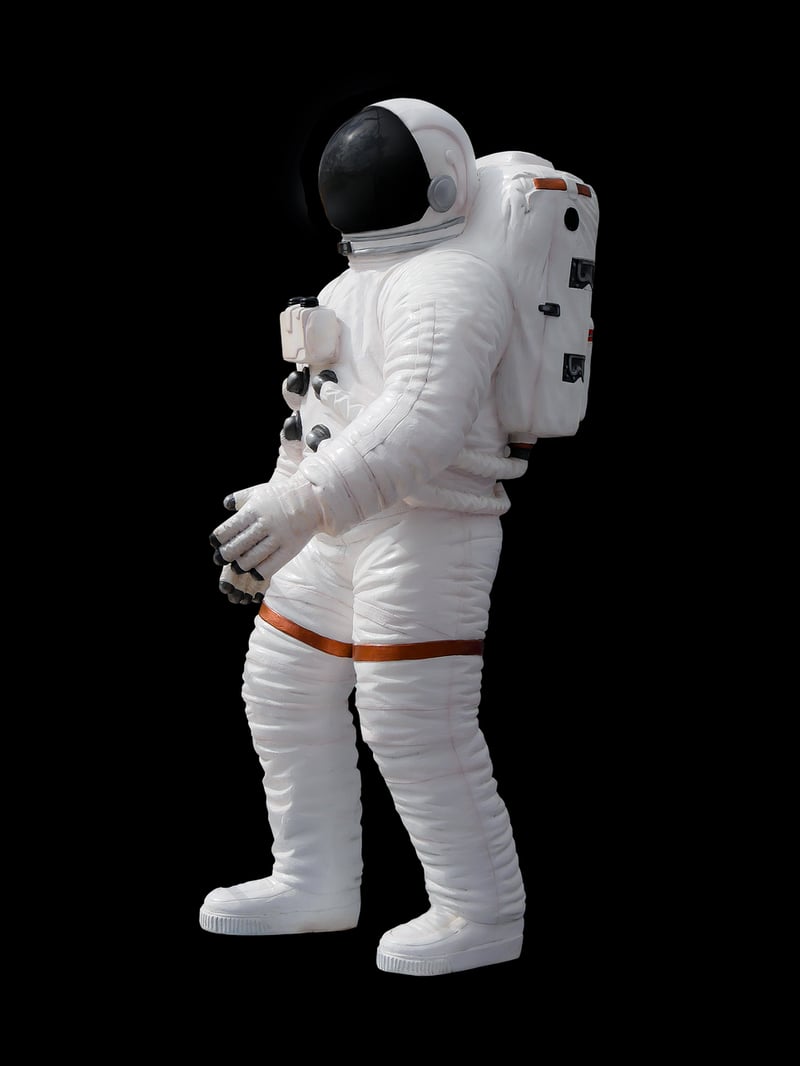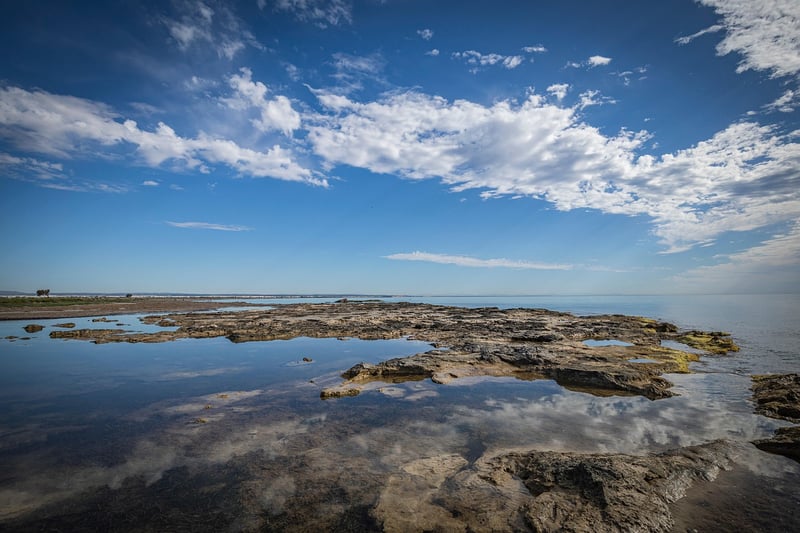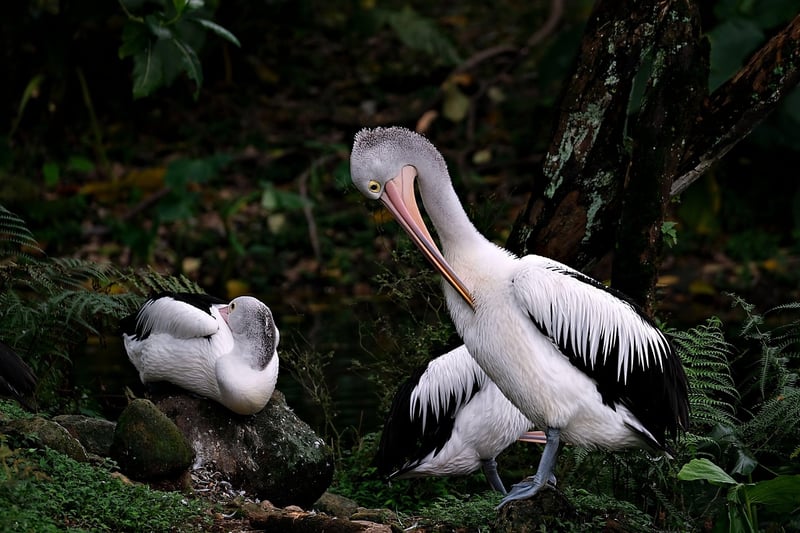Microbial Life
The Fascinating World of Microbial Life in Space

Space, the final frontier, not only captivates us with its vastness and beauty but also holds intriguing secrets about life beyond Earth. In recent years, scientists have been delving into the study of microbial life in space and its implications for our understanding of biology and the universe.
Microbes: The Unsung Heroes of Space
Microbes, tiny single-celled organisms, play a crucial role in space exploration. These resilient life forms have been found to survive and even thrive in extreme conditions similar to those found in space, such as high radiation, low temperatures, and lack of oxygen.
Microbial Studies on the International Space Station
The International Space Station (ISS) serves as a unique laboratory for studying microbial life in space. Scientists have conducted experiments onboard the ISS to investigate how microbes adapt to microgravity and other space conditions.
Key Findings:
- Microbes can form biofilms in space, which could have implications for spacecraft maintenance.
- Some microbes show increased virulence in space, posing potential risks to astronauts' health.
- Microgravity can alter microbial gene expression, leading to new insights into genetic changes.
The Search for Extraterrestrial Microbes
One of the most significant questions in astrobiology is whether microbial life exists beyond Earth. Scientists are exploring Mars, Europa, Enceladus, and other celestial bodies for signs of microbial activity, hoping to find clues to the origins of life in the universe.
Current Missions:
- NASA's Mars Exploration Program - Analyzing Martian soil for traces of microbial life.
- NASA's Europa Clipper Mission - Investigating the potential habitability of Jupiter's moon Europa.

Implications for the Future
The study of microbial life in space not only expands our knowledge of biology and astrobiology but also has practical implications for future space exploration. Understanding how microbes interact with space environments can help in designing safer spacecraft, protecting astronauts' health, and potentially discovering extraterrestrial life forms.
As we continue to unravel the mysteries of microbial life in space, the possibilities for scientific discovery and exploration beyond our planet are endless.
